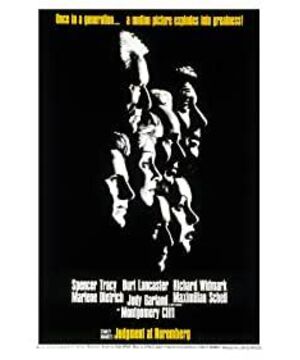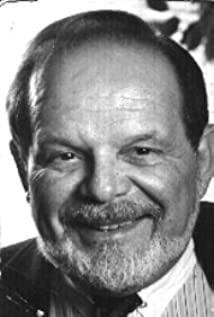In fact, I don't understand it very well. It may be because of the translation I was looking for, and the details are a lot lazy.
And I really don't know much about the spirit of the law. Take, for example, what the law says about "justice".
But what impressed me the most when I watched the review was the phrase "I don't know (the Nazi persecution of Jews)" that every German character in the play would express.
How do Germans understand "I don't know"? Germans are positive and optimistic about life, we don't know
We are just being judged by our loyalty to the country, we don't know we are in the interests of the majority of the country, the future of the country, we don't know
Don't know, or don't want to know? This is really the same as "You don't know, or are you afraid to remember?" in "Back to School".
The case of an intimate relationship between a Jew and a 14-year-old girl as a clue throughout the play is very subtle. It effectively clarifies the trade-off between ordinary Germans facing the truth and the needs of the state, whether it is the testimony of the female cleaner or the sophistry of the defendant's lawyer. .
In fact, Jiang Ning's value choice is very American, and he is almost the same type of character as the protagonist who hangs at the end of "Chernobyl". What they are all thinking about is the conflict between the duties and responsibilities under the authoritarian government and the personal conscience, and in the final decision, they choose the personal "conscience discovery", and then because of the role that they cannot get rid of, they can only fight with the authoritarian " perish together". But they are both high-level intellectual rebels under the centralized system.
But obviously Americans are also very clear that this kind of personal "discovery of conscience" is only an anomaly after all, so it will eventually lead to tragedy in the social atmosphere under the authoritarian system.
But from a historical point of view, talking about the "anomalies" under the authoritarian system is just another promotion of personal conscience and justice, which is not interesting enough. It is most interesting to pay attention to how ordinary people in Germany slowly come out of the dictatorial lies of the Nazis and live in peace with their past selves.
View more about Judgment at Nuremberg reviews











